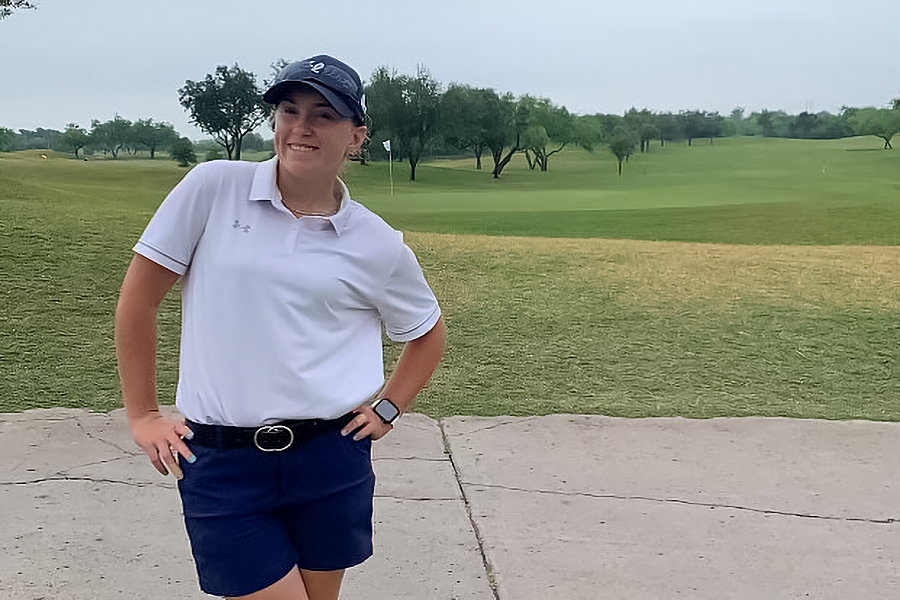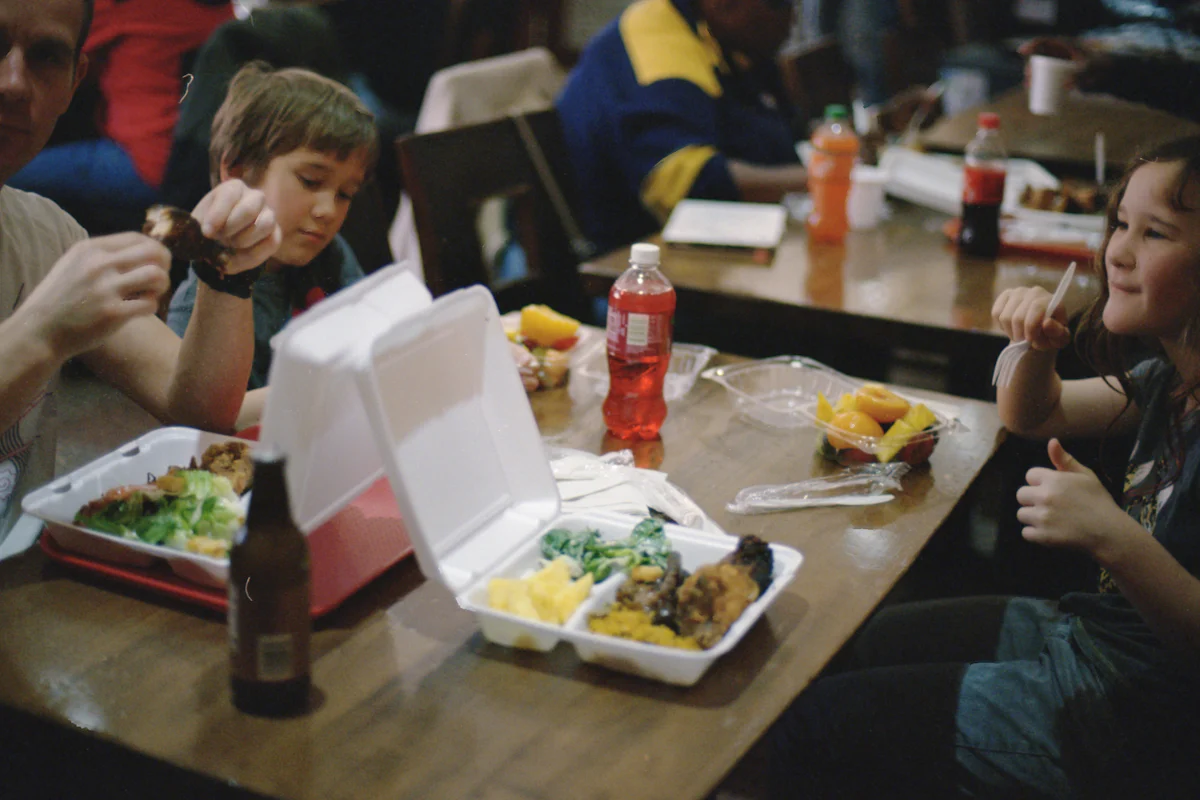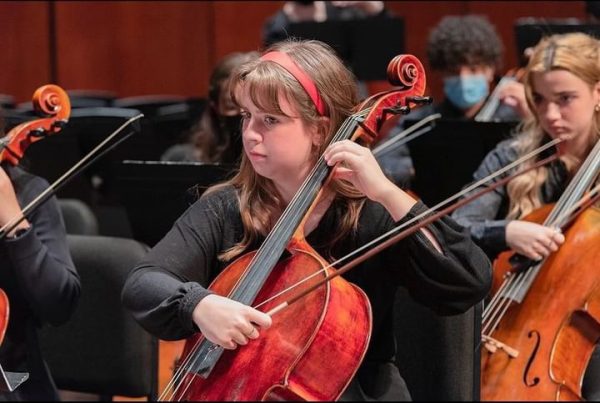Without saying a word
How junior Drew Suermann is changing the lives of those around him through his autism
Drew, Jack, and Elle Suermann enjoy a family outing at a bowling alley.
December 17, 2020
The Suermanns have a beautiful house, three beautiful kids and a beautiful dog, but their lives will never be “normal.”
“Most parents think of being an empty nester one day, or watching their children grow up and go off and have a life and get married and have kids,” Megan Suermann said. “Those are things that are never going to be part of our lives, as far as Drew is concerned.”
Junior Drew Suermann was diagnosed with Autism Spectrum Disorder when he was almost three-years-old. Now, he is a student in the special education program.
“He will always be with us; he will always be dependent on us,” Drew’s mom Megan said. “I will always be making sure that he’s dressed in the morning, and he has food on the table for the rest of my life until the day I die. That’s probably very different than what most parents think of when they have kids, but the things that he can teach us is beyond what you would learn normally.”
Megan knew that something was off with Drew early on, but autism was never something she had been familiarized with. Even after four years of nursing school, that was never something she was taught, because it was an uncommon diagnosis at the time.
“The only reason I brought it up [to the doctor] was because my mom was a Montessori school teacher, and she had a child with autism,” Megan said. “She started to see some of the same things, some of the same repetitive behaviors and things like that, so she mentioned it to me and I looked it up and I was like, ‘Well, maybe, but he looks at me in my eyes, and he’s affectionate and he does all these things.’ I just didn’t know.”
One in 54 children are diagnosed with autism every year, according to the CDC, but getting Drew’s diagnoses was something Megan had to fight for.
“Even after I fought with the doctors, they told me I was a hypochondriac nurse, that I read too much, and dismissed me,” Megan said. “Finally, we got the diagnosis and Drew started getting services.”
Since Drew recently turned 18, the Suermann family began discussing the process of applying for guardianship over him. This would take away some of Drew’s adult rights, but his family feels that it is best for him.
“We have to apply for guardianship for him because he’s not going to be able to make his own medical decisions—or his own financial decisions—or he won’t be able to try,” Megan said. “So there’s rights that we have to take away from him as we apply for guardianship, which a lot of people aren’t aware of. It’s a huge decision for us to make, but we know it’s the right thing for him.”
Drew’s mom and sister describe him as an old man, living the ideal life. He loves listening to the song “This is Halloween” and chills out in the family hot tub, sometimes even at five in the morning.
“In the mornings he likes to sit outside with his juice, and he crosses his legs,” Drew’s sister Elle said. “He just needs wrinkles and big glasses.”
Drew has also been diagnosed with Apraxia, which affects his motor cortex. This is the reason behind Drew being non-verbal and him wanting to hold on to his sister’s arm when he walks down the school hallways.
“He wants to talk; he tries to talk, but it’s a motor coordination disorder,” Megan said. “Not only is he not able to talk, he can’t ride a bike. There’s a lot of things that require both sides of the body that he can’t do.”
Jack, Drew’s 12 year-old brother, has also been diagnosed with ASD. Along with this, Drew’s parents decided to hold Drew back a year in school so that he and his 16 year-old younger sister, Elle, can graduate together in 2022. For the past two years, Elle and Drew took American Sign Language together, and this year they are taking Floral Design as their joint elective.
“I feel like Drew teaches,” Megan said. “Even though he may not be as participatory as some other students in the classroom, he teaches them more than they can learn in the classroom. He teaches other people tolerance, patience and love and understanding.”

















